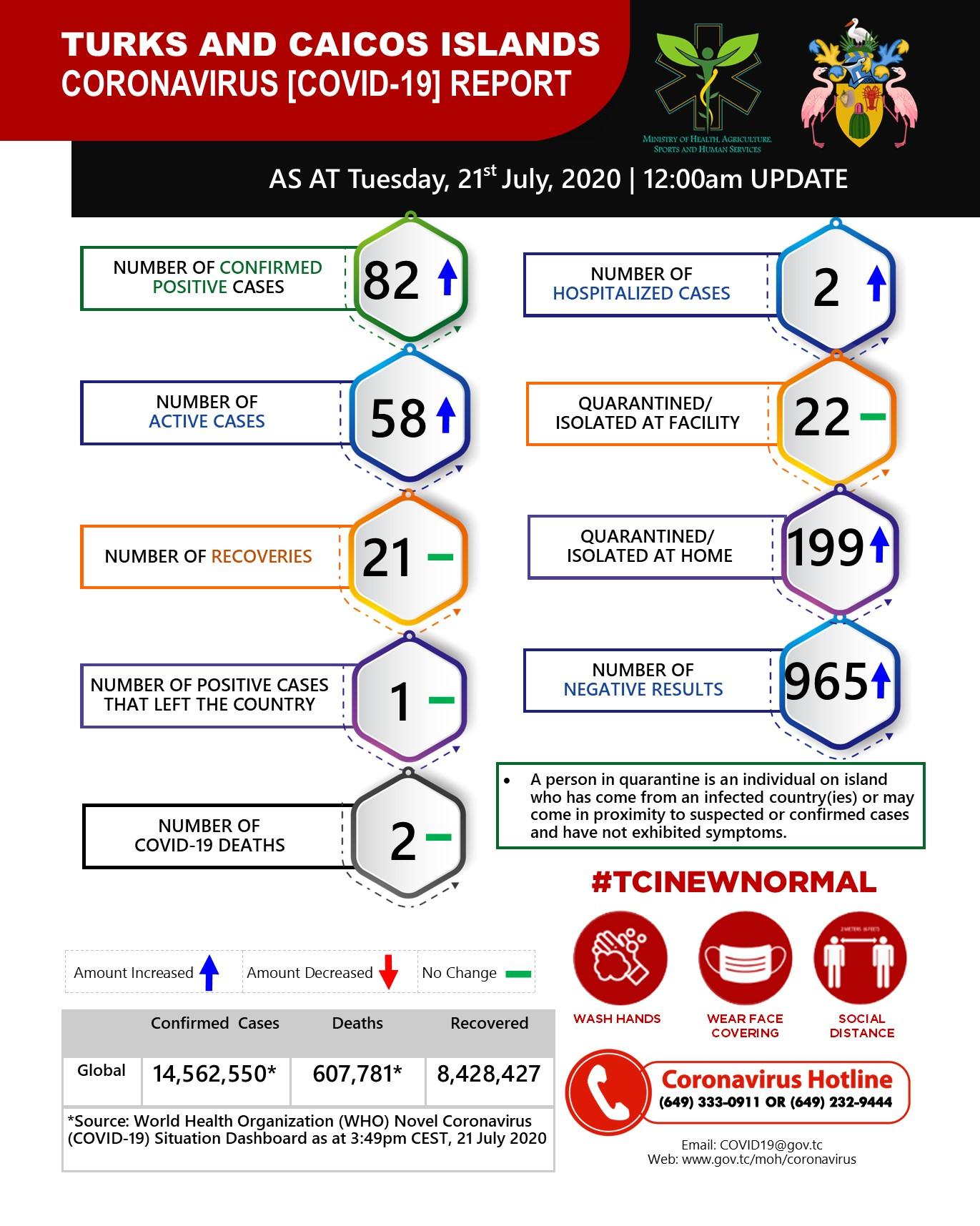The Importance of Recognising Covid Symptoms

Introduction
The Covid-19 pandemic has greatly affected global health, economies, and daily life. Understanding the symptoms of Covid is crucial for early detection, treatment, and preventing its spread. As new variants emerge, a clear awareness of these symptoms can empower individuals to take necessary precautions. In this article, we explore the commonly recognised symptoms of Covid-19 and their relevance in today’s context.
Common Symptoms of Covid-19
The most frequently reported symptoms associated with Covid-19 include fever, persistent cough, and loss of taste or smell. According to the National Health Service (NHS), these symptoms can vary in severity:
- Fever: A high temperature that can indicate an infection.
- Persistent cough: A continuous cough that lasts longer than an hour or three or more coughing episodes in 24 hours.
- Loss of taste or smell: Anosmia can occur without nasal congestion and is often an early warning sign.
Other reported symptoms include fatigue, muscle aches, sore throat, and headaches. It has been noted that some individuals may experience gastrointestinal issues such as diarrhoea, indicating that the virus can affect multiple systems in the body.
Emerging Symptoms and Variants
As variants of the virus, such as Delta and Omicron, have emerged, health authorities like the World Health Organization (WHO) have identified new symptoms or variations in symptom presentation. For instance, the Omicron variant may lead to more upper respiratory symptoms compared to the earlier variants. In some cases, symptoms have been reported to be milder but are still concerning due to their potential to spread faster.
Importance of Monitoring Symptoms
With the continued circulation of Covid-19 and the appearance of new variants, understanding and monitoring symptoms is vital. Individuals who suspect they may have contracted the virus should get tested and self-isolate to prevent transmission. Early detection not only assists in personal health management but also plays a significant role in controlling outbreaks within communities.
Conclusion
Recognising Covid symptoms is fundamental in navigating the ongoing pandemic. As the situation evolves, health agencies continue to update symptom lists and guidelines. Staying informed and vigilant can help individuals respond promptly and effectively to potential Covid-19 infection. Understanding symptoms is not just about personal health; it reflects a collective effort to protect others in the community, thereby contributing to overall public health safety.
